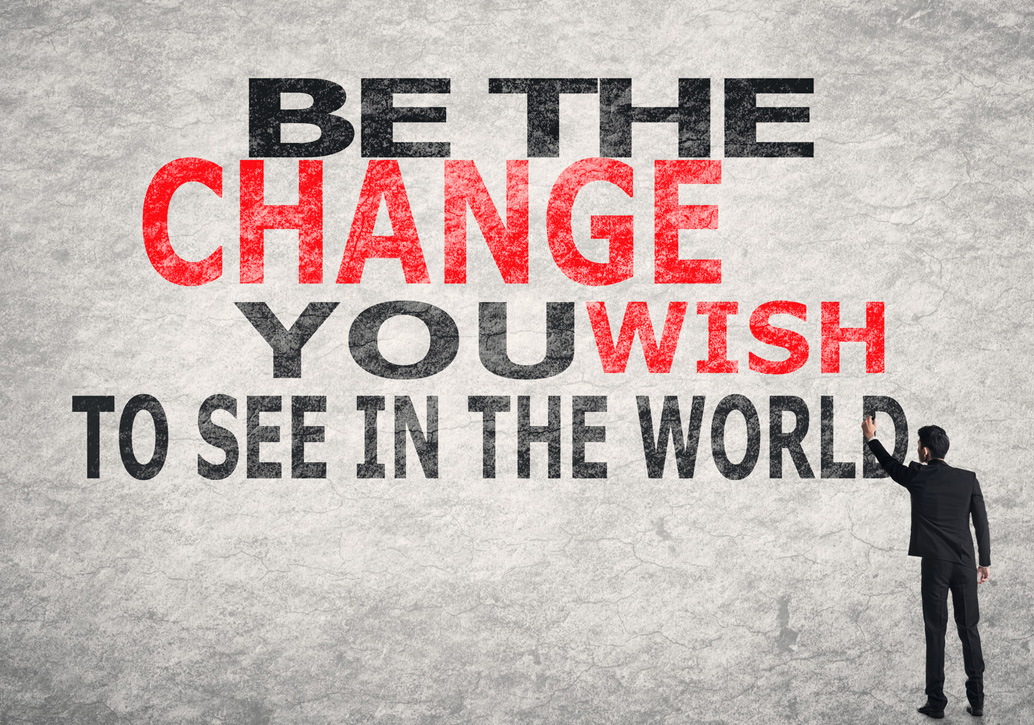No More Nudes!
By Cameron Graham, PhD.
Playboy has announced that as of March 2016, it will no longer show nude pictures in the US edition of its magazine. Apparently—and, honestly, I did not know this—their website stopped showing nudes over a year ago, leading to a 400 per cent increase in monthly site visits and a drop in median visitor age from 47 to 30. These numbers would stir the heart of any magazine publisher. So, as of today, I am pleased to announce that Abilities will not be publishing nude photos either!
Playboy was an iconic brand in the Western world, at least when I was growing up. Whether or not you ever actually “read” a copy of the magazine, it was so much a part of popular culture that it taught young men what they were supposed to desire. As we grew up, though, we learned how skewed this desire was, objectifying women as the imagined Other, reinforcing a (rich, white) male-centred view of the world, while simultane-ously making young men happy and dissatisfied.
Desire is a funny thing. According to philosopher Judith Butler, we grow up faced with binary choices about who we are and who we can be: male/female, heterosexual/homosexual, rich/poor, white/non-white. One side of these binary oppositions is always the “better” one, the “normal” one in our culture, the one that determines how the opposite side is interpreted. This means these oppositions are not benign, but always about power.
Driven by our deep desires, says Butler, we decipher our-selves in the face of these binary oppositions. We decide not simply how to perform a superficial role, but how to perform ourselves.
Butler’s most important insight, in my opinion, is that when we perform ourselves, we always have a little opportunity to stretch the definition of whichever side of a binary opposition we choose. Despite the fact that the oppositions are powerful and seek to tell us what “male” and “female” mean, we can always choose to be male or female in a slightly different way. People who see us do this will typically try to get us to conform more to the accepted ways, but they can’t help but see in our performance that there are new possibilities for being human. This is how society changes.
On the cover of Abilities this issue, and inside where the centrefold might have been, are glossy pictures of beautiful children. I cannot tell a lie: We put them there to boost our circulation numbers, which is the same reason we choose any cover image or interior photo. So what makes this form of objectification any different from putting Marilyn Monroe on the cover?
Here’s what I think, and I’m indebted to Butler for this insight (but don’t blame her): I think these amazing pictures from Rachel Callander work because they disturb the binary oppositions we bring to such pictures. These are not just beautiful children in the culturally expected sense. They stretch our assumptions about beauty. They even stretch our assumptions about what it means to be a child, because “child” always carries with it assumptions about growing up. It is fair to say that some of these children will not grow up in the way our culture tells us children do, becoming more independent day by day. Many of them will depend on loved ones and support workers to reach adulthood, and that adulthood will be played out in ways our culture does not expect.
Ultimately, we the viewers must decipher ourselves in new ways when we encounter these pictures. This is the power of disability. By refusing to fit into accepted categories, people of any age with disabilities help change society’s limited notions of what it means to be human. If banning nude centrefolds from Abilities is what it takes for us to help this happen, so be it.
On behalf of the Board,
Cameron Graham, PhD
Chair, Canadian Abilities Foundation














